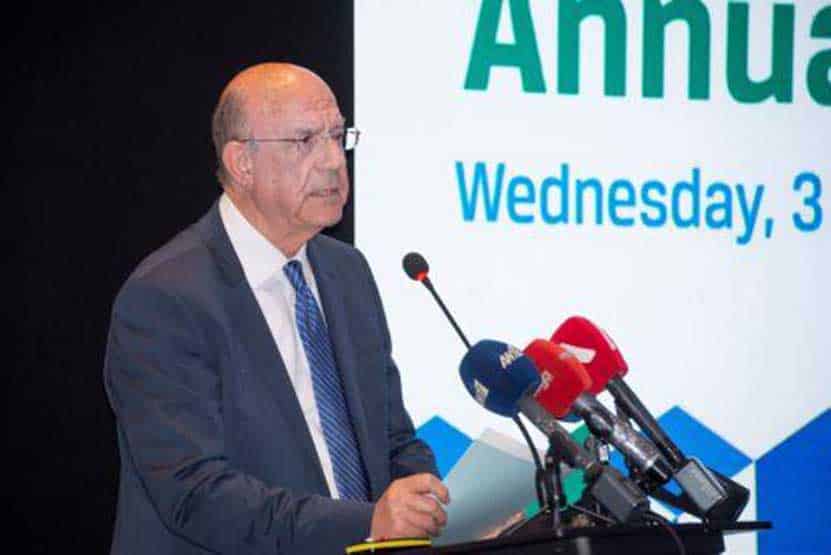Despite the global uncertainty, the Cypriot economy is continuing a positive course in 2023, Finance Minister Makis Keravnos said.
Speaking at the forum of the Cyprus association of financial analysts (CFA) held in Limassol on Wednesday, Keravnos added that in the medium-term period 2024-2026, growth is predicted to accelerate further.
“Undoubtedly, we are going through very difficult times, facing multidimensional issues, some of which require immediate action and response in coordination with our economic partners,” Keravnos said, adding that Russia’s ongoing war against Ukraine and its impact on energy supply and prices, supply chain disruptions, and higher interest rates, create significant challenges, both nationally and globally.
Most of the concern is placed on households and businesses who need support, the minister said, while noting that mainly the tourism sector has been affected by imported inflation.
Despite the global uncertainty, the European economy and the economy of Cyprus have shown remarkable resilience, the minister said, and Cyprus has been in a better position than most members of the EU and euro zone.
Recalling the positive growth rates of 2022, the Keravnos told the CFA attendees the fiscal surplus will be maintained, mainly due to economic performances throughout the year, although with marginal decline as a percentage of GDP.
He also said that the “toxic mix” of challenges –high energy prices pushing up inflation and production costs and incomes under pressure–necessitated vigilance.
According to Keravnos, in the latest macroeconomic scenario, growth in 2023 is expected to continue a positive course, albeit with a slowdown, at around 2.8 per cent, while the labour market is expected to improve further.
In the medium term 2024-2026, growth is forecast to pick up again and be strong, he said, while inflation is expected to slow to 2.5 per cent in 2024 and then hover around 2 per cent in 2025-26.
Referring to the general economic policy of the new government, Keravnos said that it is based on 2+1 main pillars, the first being commitment to macroeconomic stability and fiscal sustainability, including the reduction of public debt.
The second, he continued, is having improved credit ratings, to implement the long-term ‘Vision 2035’ development strategy, that aims to improve resilience and investment in sectors with higher added value.
Third, Keravnos said, was the recognition that a positive trajectory required continued monitoring and intervention to ensure security against external shocks.
As member of the EU, Cyprus has adopted the ‘twin transition’ a guide for investment, the minister continued, and the timely and correct implementation of the national Recovery and Resilience Plan is an important element for increasing productivity.
Among the important reforms included in it are those of justice and the public sector, and investments that focus on the green and digital transition, as well as programs to upgrade the workforce.
The financial services sector, the minister said, remains an integral part of the economy.







Click here to change your cookie preferences